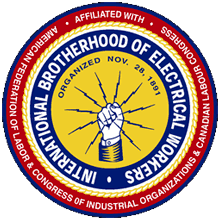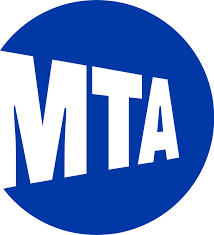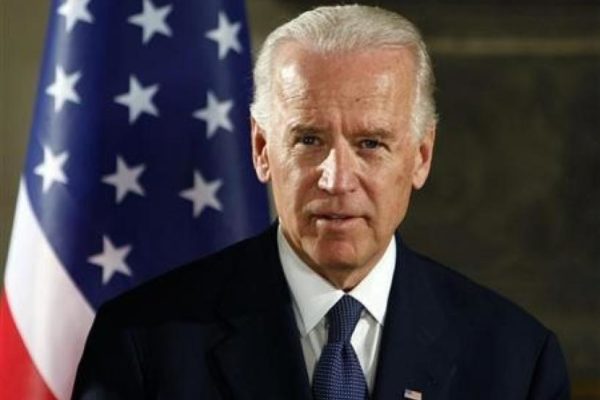DETROIT, Mich.—The United Auto Workers strike against General Motors entered its fourth day Sept. 19, after the company responded to the walkout by cutting off workers’ health insurance.

“We understand strikes are difficult and disruptive to families,” GM said in a statement Sept. 17. “While on strike, some benefits shift to being funded by the union’s strike fund, and in this case hourly employees are eligible for union-paid COBRA so their health care benefits can continue.”
UAW spokesperson Brian Rothenberg called the move “cold, heartless, and immoral.” The union said Sept. 18 that it would cover the COBRA payments through its strike fund. “We will not allow our members and their families to experience the added burden of worrying about their health coverage while on strike,” Rothenberg said in a statement.
The Sept. 16 walkout by more than 48,000 workers has shut down almost 70 GM facilities in 19 states, according to the UAW. GM said Sept. 18 that it would temporarily lay off 1,200 workers at its factory in Oshawa, Ontario, because of a shortage of parts. That plant, where workers are members of the Canadian union Unifor, is one of the five GM announced plans to close last year.
Key issues, the UAW says, include fair wages, affordable health care, a share of profits, job security, and “a defined path to permanent seniority for temps.”
Union leaders speaking on condition of anonymity told the Detroit Free Press Sept. 17 that they had rejected GM’s offer of a four-year contract with a 2% wage increase in the first and third years and 2% lump-sum payments the second and fourth years. That offer, they said, would not be enough to make up for concessions the union made when the company was facing bankruptcy during the Great Recession, nor offset its proposed increases to workers’ health-care costs. GM, which spends about $1 billion a year on health coverage, would like to shift some of that cost to workers.
“We feel like we have given back and given back,” Glenn Kage, president of Local 2250 in Wentzville, Missouri, told USA Today. “We don’t want to hurt GM. We also know they’ve been making record profits.”
The company made $10.8 billion in profits in North America in 2018, according to the UAW—more than any other auto manufacturer, and more than the “Japanese Three” of Honda, Toyota, and Nissan combined—while CEO Mary Barra was paid about $22 million. Yet it has laid off thousands of workers and begun closing four U.S. factories, including the assembly plants in Lordstown, Ohio, and Hamtramck, Michigan.
GM’s use of temporary workers is another issue, along with phasing out the two-tier contract the UAW agreed to in 2009. “Legacy workers” on the job in 2007 make $28 to $33 an hour, while “in progression” workers hired since then start at $17 and reach $28 after eight years. Temps make about $15.
At GM’s plant in Spring Hill, Tennessee, about 200 of the roughly 3,600 employees are temporary, UAW Local 1853 bargaining chair Mike Herron told USA Today, and around 100 temps were laid off in the last six weeks.
“Some of these people that got laid off had been with us for three years,” he said. “People who busted their butt every day to do a great job of building cars here, and there was no pathway for them to become permanent.”
“Out of this, I expect permanent employment and full benefits,” Andrew Barber, 26, told USA Today. “That’s the only thing I really care about.” In his 14 months at the Spring Hill plant, he said, he’s gotten one unpaid day of vacation, and his health insurance was canceled the two times he was laid off for a week.
Eleven strikers at Spring Hill were arrested Sept. 18 on charges of blocking an entrance to the plant. “It got serious in a hurry and things got escalated,” Herron told WSMV-TV. “We have worked all day to make sure everybody is safe, and everybody is going what they need to do to protect the workers here.”
In Arlington, Texas, the Texas AFL-CIO said, the strikers were getting strong public support, citing “a few anecdotes” from Dallas Teamsters member Ryan Haney’s Facebook feed. A restaurant owner offered picketers hot meals, saying he’d been a union millwright for 15 years and “the working class has to stick together.” A car passed by honking in support, with four kids in the back seat chanting “strike, strike, strike.” And two teenagers drove by slowly, rolled down the window, and blew a cloud of smoke toward the picketers. “It’s definitely weed,” Haney noted.



